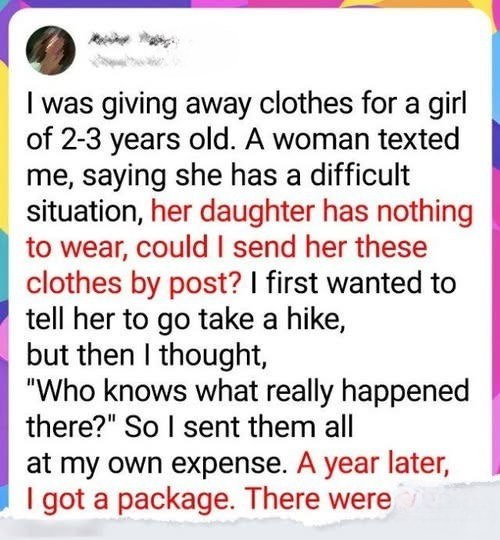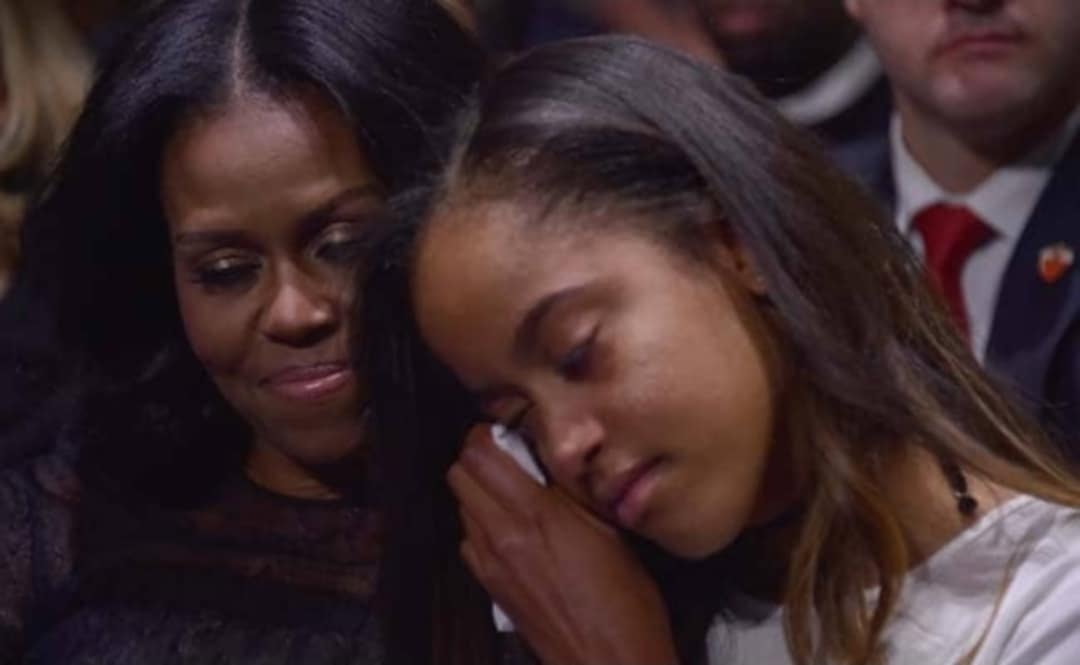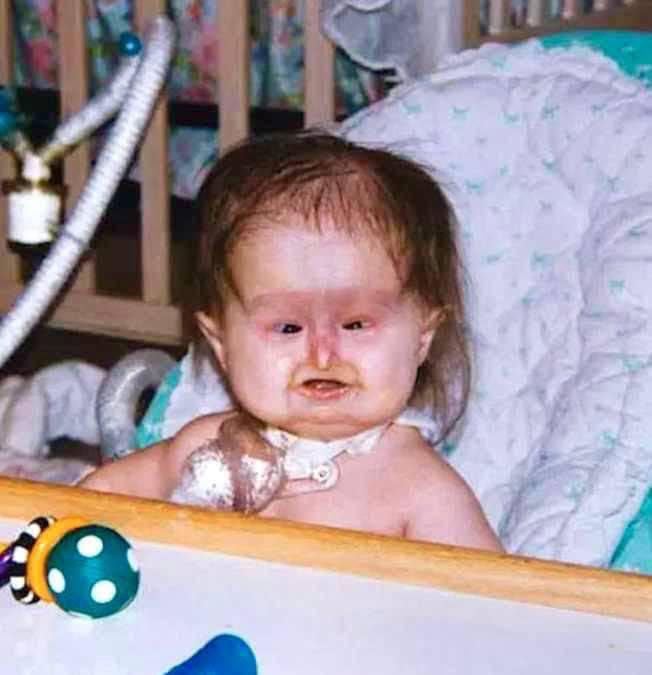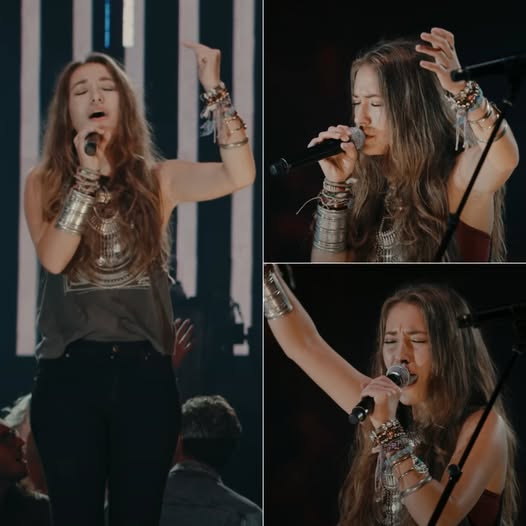When I began cleaning out my storage closet last winter, I thought I was just doing what every parent eventually must—letting go of things their child has outgrown. My daughter’s tiny jackets, her once-favorite shoes, and those little dresses with floral prints had been sitting untouched for months. They represented a time that had already passed—a collection of small memories packed neatly into boxes.
At first, it felt like another task to check off my long list of things I had been avoiding since my mother passed away. I told myself that donating those clothes was part of the healing process. I wasn’t sure it truly was, but sorting through drawers and closets at least made me feel like I was putting one foot in front of the other.
I photographed the clothes, folded them carefully, and posted an online listing with a short note:
“Free toddler clothes, size 2T. Gently used. Pickup or shipping available.”
It was an ordinary act, the kind of small offering that fills community pages every day. But life, I would soon discover, had something extraordinary planned.
A Message from a Stranger
The next morning, a message arrived in my inbox from a woman named Nura. She wrote simply and sincerely. She explained that she had a little girl about the same age as mine and was struggling financially. She couldn’t afford warm clothes for the coming winter, and though she wished she could repay me, she couldn’t cover shipping costs at the moment.
Her words carried no desperation—just honesty and humility. She didn’t ask for sympathy. She just hoped for a little help.
For a moment, I hesitated. Part of me wondered if I was ready to open up to another person’s story. Grief can make even small gestures feel heavy. But there was something in her message—a quiet dignity, a tone that suggested gratitude before she had even received anything—that made me pause.
I replied with a short note:
“No need for payment. Please just send me your address.”
The Box That Started It All
That evening, I began to pack. I tucked in warm sweaters, leggings, and a small raincoat with faded silver stars that once made my daughter spin around gleefully. Then I added a pair of bright red boots she had worn only twice.
As I sealed the box, I spotted something on my daughter’s dresser—a small crocheted yellow duck. It had been mine as a child and later became my daughter’s quiet bedtime companion. I don’t remember deciding to include it; it just happened. I placed it gently on top of the clothes, added a handwritten note that read, “Wishing your little one warmth and joy,” and taped the box shut.
The next morning, I mailed it off and went about my day. I didn’t think much about it again.
Life has a way of rushing forward. Between work deadlines, school pickups, and the quiet exhaustion of single motherhood, the box and the name “Nura” gradually slipped from my thoughts.
A Package at My Door
Almost a year passed before I saw that handwriting again.
It was a chilly autumn morning when I found a package on my doorstep. My name was written across the top in elegant, looping letters I didn’t immediately recognize. There was no return address. Inside, I found the same toddler clothes—freshly laundered, neatly folded, and smelling faintly of lavender soap.
And resting on top was the yellow duck.
I froze. Beneath it was a letter. As I began to read, my throat tightened.
The Letter That Changed Everything
Nura wrote that she had wanted to thank me in person, but life had been complicated. She told me that, during the winter after we’d first exchanged messages, she and her daughter had been living in a women’s shelter. She had left a difficult situation and was starting over with little more than courage and determination.
“Those clothes,” she wrote, “were not just fabric. They were a reminder that kindness still exists. You didn’t just give my daughter warmth—you gave me hope.”
Her words filled the room with something I hadn’t felt in a long time: quiet reverence for the strength of simple compassion.
She went on to explain that her daughter had since outgrown the clothes, and she wanted to return them—not as repayment, but as a way to “close the circle.” The duck, she said, had been her daughter’s comfort toy for many nights. Sending it back, she explained, felt like returning a piece of gratitude.
At the end of her letter, she added her phone number.
Without hesitation, I called.
Voices That Understood Each Other
When Nura answered, her voice was warm but tired—the kind of voice that carries both endurance and grace. We spoke for nearly an hour, sharing pieces of our stories that we hadn’t spoken aloud in a long time. She told me about rebuilding her life—working nights, finding a small apartment, and saving every bit she could for her child’s future.
I told her about losing my mother, about how grief had left me searching for meaning in ordinary acts.
By the time we said goodbye, I felt as though I had spoken with a friend I had known forever.
A Friendship Begins
Over the next few weeks, we began exchanging occasional messages. A photo of her daughter wearing a new coat. A picture of my little girl’s school art project. Words of encouragement on hard days. Gradually, the thread between us grew stronger.
When we finally met in person, our daughters bonded instantly—laughing over crayons and sharing snacks as though they had known each other all their lives.
Nura was shy at first, her words soft and careful. But her strength revealed itself in quiet ways—in the way she listened deeply, in the unguarded honesty of her laughter, and in her unwavering love for her daughter.
We talked for hours that day. About parenting, about healing, about learning to trust the world again. There was a comfort between us that didn’t need to be named.
The Dinner That Felt Like Healing
A week later, I invited Nura and her daughter for dinner. She showed up carrying a warm loaf of homemade bread. Our kids played in the living room while we sat at the kitchen table, two women brought together by chance and kindness.
Over coffee, she told me about the night she finally chose to leave—how terrifying it had been to step into uncertainty, but how freedom, even in struggle, felt lighter than fear.
I shared how losing my mother had left me feeling untethered, how I often found myself trying to fill the silence she left behind with small acts of order—like sorting old clothes.
In that moment, I realized that grief and gratitude can sit side by side at the same table, each making room for the other.
How Kindness Multiplied
After that evening, our friendship began to weave itself into our everyday lives. We exchanged small favors without keeping count—childcare swaps, grocery errands, shared recipes. One month, when I knew she was struggling financially, I quietly slipped an envelope with grocery gift cards into her bag.
She never mentioned it. But a week later, I found a casserole waiting on my porch with a note:
“For when you’re tired. You’ve done that for me.”
That’s how it became between us—an unspoken exchange of care, passed back and forth like the yellow duck itself.
A Home Filled with Hope
By spring, Nura had saved enough to move into a small two-bedroom apartment. She invited us to her housewarming, and I remember how joyful the day felt. The space was modest but full of life—mismatched furniture, potted plants, sunlight spilling through the curtains.
While our daughters danced barefoot across the living room floor, I placed a vase of flowers on her kitchen table. And that’s when I saw it—the cardboard box I had mailed her nearly a year before. It sat neatly on a shelf, with the little yellow duck resting on top.
When she noticed me looking, she smiled.
“It’s our reminder,” she said softly.
“That kindness doesn’t disappear. It just changes hands.”
Those words have stayed with me ever since.
The Thread That Connects Us
Over the months that followed, we both faced new challenges—bouts of illness, long workdays, financial strain—but everything felt lighter with each other’s presence. We leaned on one another without needing to explain why.
Sometimes, during quiet evenings, I’d think about how easily I could have ignored her first message. How close I came to missing this connection.
What began as a simple donation became something far greater—a friendship that reminded me of what it means to be human.
Generosity, I learned, doesn’t end when you give something away. It echoes. It travels through lives, returning in unexpected ways: through laughter, shared meals, or a small box that finds its way back to your doorstep.
The Duck That Travels
A few weeks ago, I found my daughter sitting on her bed, holding that same yellow duck.
“Can I take this to Nura’s?” she asked.
I smiled. “Of course. But make sure it comes back.”
She grinned. “It always does.”
Now the duck has become our shared charm. It travels between our homes, sometimes resting on my daughter’s nightstand, sometimes on theirs. Each visit, it returns carrying new memories—birthday parties, scraped knees, giggling sleepovers.
It’s a small thing, but it feels sacred in its simplicity. A quiet symbol of how love and kindness, once shared, never truly leave us.
What That Box Taught Me
Looking back, I understand now that I didn’t just donate clothes that day. I opened a door.
What I thought was a one-way act of generosity turned into a two-way bridge—one that connected two families who had both known loss but were still searching for hope.
That box, filled with outgrown clothes and a single toy, became a vessel for healing. It carried with it compassion, friendship, and a reminder that even the smallest acts can ripple outward in ways we can’t predict.
Sometimes the universe doesn’t give us what we ask for—it gives us what we didn’t know we needed.
For me, it gave back connection. It gave me Nura and her daughter. It gave me a reminder that love, when shared freely, finds its way home.
The Gentle Return of Kindness
The yellow duck still sits on the windowsill tonight, bathed in the soft glow of sunset. When the light hits it just right, it seems to shimmer—a small reminder of a journey that began with grief and ended with grace.
It reminds me that generosity isn’t about what we give; it’s about what we open ourselves to receive.
Every time I see it, I think of that simple truth: the smallest gestures can travel the farthest.
A box of clothes became a friendship.
A shared kindness became a circle of love.
And a tiny crocheted duck became a symbol of something we all need to believe—
that kindness, once sent into the world, will always find its way back.




